|
Join me for a walk down memory lane. At the edge of the garden, I stand patiently as my Grandma Joyce ties a fruit basket with an old piece of rope around my waist. Once my handy basket is secure, I grab two plastic berry quarts and put them in the basket. In front of me are rows, upon rows raspberries. Now, these are not just any raspberries. These are blue raspberries. The biggest and sweetest raspberries you ever could eat! I'm not alone in my berry picking. With me is my brother Chris, my cousin Jessica, my other cousin Daniel, my aunt Valerie, my mom, and my Grandma. Sometimes neighbours came too but not today. My Grandpa is over checking out the other plants in the garden (likely squishing potato bugs…that's a memory for another time lol). Picking berries was a family event/contest. The girls: my cousin and I against the boys: Chris and Daniel. Clearly, the girls were the better pickers (haha sorry not sorry). We picked more quarts while not leaving precious berries behind on the bushes. Looking back on this memory, one of my favorite parts concerns not with the berries we picked but with the way my Grandma Joyce just "was." She praised us for our work (which she trusted us to do), encouraged us to laugh, brought us together, and loved us with everything she could. This memory cost $0, yet it is one of my strongest childhood memories. One of my "learning" environments growing up was my Grandma's garden. The knowledge provided just by letting me tag along, giving me chores, and actively communicating her know-how had a massive impact on my life. As early childhood educators, we owe it to the children in our care to take them back to nature. Nature is more than just walking through a forest, or exploring a meadow. It's more than gardening or picking flowers. Nature teaches us about life and death, cause and effect, senses, respect, and most importantly, it supports positive emotional and physical well-being. How can we incorporate nature into our learning environments?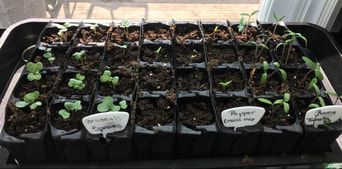 A great first step is to incorporate gardening into your sensory play. Allowing children to:
What about indoor plants (houseplants)We live in Canada… so our outdoor gardening season isn't very long. What can we do for the rest of the year? Having plants around our play spaces and throughout our homes allows children to feel connected to nature even when it's snowy outside. The benefits of houseplants transcend beyond just the child. They are crucial to our own feelings of well-being. Houseplants have incredible benefits beyond just being nice to look at. These include:
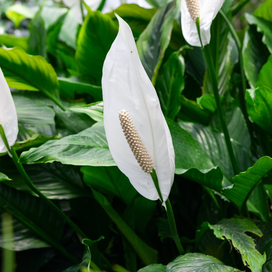 I encourage having poisonous plants in your home and play space. Just be smart about it. The Peace Lily for example is the #1 best air purifying plant. It has striking green leaves and a super neat flower during it's bloom season. Nevertheless the Peace Lilly is considered poisonous (if consumed). This is a plant to put out of reach. The same way we put covers over electrical outlets vs. not having any electrical outlets. Having plants that are dangerous if eaten opens the door for multiple communication and teaching moments. If however you can only have "safe" plants in your environment here's a short list I hope you find useful:
Sources:
Positive Health Wellness,.(Sept.27/2018). 7 Science-backed benefits of having plants at home. sourced from: https://www.ecowatch.com/health-benefits-of-having-plants-at-home-2608386260.html D.Murray,. (March 16/2018). 20 Plants that are safe for children, cats and dogs. sourced from: https://www.hgtv.ca/green-living/photos/plants-child-pet-safe-1913786/#
1 Comment
I have been trying lately to align what my core foundational theories are. When looking at current research concerning early childhood development, the top three approaches are #1. Reggio #2. Montessori #3. Emergent Curriculum. All of these approaches to building learning environments and teaching practices are quite similar. They all appreciate the need to build strong relationships in the early years. They all prefer more natural play materials, and finally, they all see the child as capable and competent. Home childcare providers within Little Lambs are encouraged if not required to follow the above practices. HOWEVER intrinsically there is just something else happening in the home childcare environment. Something that the listed approaches don't cover. I haven't been able to put my finger on what that "thing" was until recently. While looking through my Spotify app, I found a new early years podcast (well…new to me). Kimberly @KSEYconsultancy founded the podcast titled "Hygge in the Early Years." I'm hooked! Honestly, Kimberly is a breath of fresh air. AND her accent/tone makes her sound like one of the sweetest people on the planet. Kimberly's podcast is as much about early childhood learning and environments as it is about educators and their self-care and well-being. The foundation she has built for her early year's programs and her mentorship is based on a single word, "Hygge." "Hygge (pronounced hue-guh, not hoo-gah) is a Danish word used when acknowledging a feeling or moment, ordinary or extraordinary as cozy, charming or special." (S. Bennett, The Curiosity Approach). Anyone who knows me knows how much I love my blankets. I sit curled up on the couch, mug in hand with my Hubby every single night. Guess what??? That's Hygge! Think twinkly lights, candles, the roar of a fire. Think warm drinks, blankets, and nurturing food. Think about being out in nature, enjoying all the seasons to the fullest: in as many ways possible. Think spending money on memories vs. things. Think relationships, socializing, laughter, and self-care. Hygge sounds like my life! It looks like what I believe home childcare can and should be. Going beyond the concept of environment and relationships, Hygge gives a term to how children feel while at the home childcare premises. It's truly a sense of well-being. The depth of relationships is vast in the Home Child Care Environment. Children from infancy to school age are cared for by a single childcare provider. During this time, they build strong relationships with the other daycare children as well as the providers own children. Often children will wave good-bye in the morning and greet the provider's partner again at the end of the day. These tertiary relationships are not something that happens in the daycare centre environment. Over and over again, I have preached "non-institutionalized" environments in the early years. Homes are by their very essence "non-institutional." Even the most beautiful classrooms are still that…classrooms. Children will be in traditional education from Kindergarten through to High School and post-secondary education. Through our partnership with home childcare providers, we create incredible learning environments that support the development of responsive relationships that allow children to explore, grow, and learn. We do all of this while providing a cozy home environment. So when searching for
I found Hygge! I hope that you have enjoyed reading this post as much as I have enjoyed typing away under the comfort of my blanket ;) 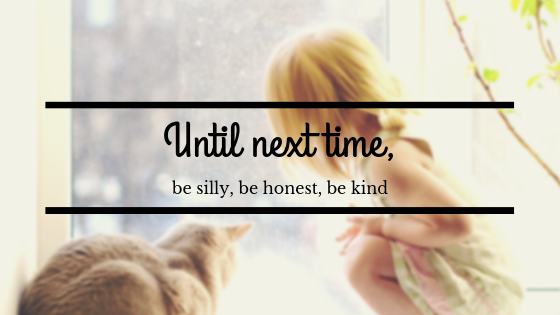 sources: S.Bennett (N.d)-Hygge in The Early Years,. sourced from: https://www.thecuriosityapproach.com/blog/hygge-in-the-early-years K.Smith (n.d)- Hygge in the Early Years., sourced from: https://www.facebook.com/pg/KSEYconsultancy/about/?ref=page_internal We've been getting a lot of questions concerning potty training.
Concerns aplenty…. Sadly the number one factor pushing parents to potty train is not their child's readiness but societies (friends, parent's, in-laws, that perfect at everything Mom down the street…) constant judgment. Sometimes it's not even necessarily outside judgement but our own feelings of inadequacy. Judging ourselves as parents the way we judge our bodies when looking at a magazine does nothing to support our children. When we follow our child's signs of readiness the entire potty training adventure will be much smoother. Not only smoother but quicker. Please note that all children are individuals. They grow and develop at their own rate. Most will potty train between 18 months-2.5 years old. However this does not mean that there are no exceptions. There are the "God gifted children" who seemingly potty train themselves at ridiculously young ages…. this is rare and enviable by all parents. There are also children who for whatever reason could care less, don't understand their bodies signs or don't feel the sensation of "needing to go". For these children pushing them, con-sequencing them or using negative reinforcement of any kind will only further slow the process. It's also completely unnecessary. I hope you find the information in this post useful. Every child will potty train eventually. Consistency, patience and kindness go a long way in helping your child. Little Lambs has been on an exciting ride so far this year. As a licensed child care agency we build partnerships with our providers as much as we do our clients…if not more. Without the support of each individual provider there would be no Little Lambs. This was a major factor leading to Little Lambs partnership with HiMama. In addition to introducing the new software we also provided each home with a tablet. By enabling our providers to revamp the way they complete their required documentation we hope to free up their time to do what really matters. On that note I would like to share a few photos showcasing just how amazing our providers are. These photos showcase learning environments created by these ladies, snippets from their curriculum activities and child-initiated exploration. With anticipation for what February will bring I leave you with these words. "Simple fact: children are more interested in the things they choose than the things we choose for them." ~Janet Lansbury Good morning, This little video was first published to our facebook page. However I realize that not everyone loves and uses facebook. I am posting it here to ensure it reaches as many people as possible. I had the privilege of being part of an amazing conference call about a month ago. Myself, representatives from Hastings County and other Daycare Directors all spoke about a new fee affordability pilot program. This program initiated by Hastings County Child Care Services staff reduces child care fees for all parents of infants and toddlers accessing licensed child care. Both Centre based care and home child care qualify for this program. This funding is not dependant on parental income. It simply supports all families. This is huge to me for so many reasons.
Thank you for taking the time to read my thoughts. If you enjoyed this posts and the attached video I welcome you to leave a comment and share on your social media pages. Let me know what you want to hear more about! Enjoy this beautiful weekend. Kristina xoxo 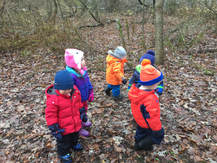 Albert Einstein Said it best, "play is the highest form of research". The curriculum planning and spontaneous activities we do on a daily basis at Little Lambs encourages children to grow. We read, sing, explore, play, create, imagine, climb, run, jump, laugh, cry, console and cheer. BUT… what does all of that really have to do with child development? In this post I am using a specific play based learning activity (nature walk) to explain what and how children learn. The domains of development are all encompassing and of course this learning activity did not check every single learning box. However It did check quite a few. This post is intended to support child care providers to integrate ELECT concepts into their daily journaling/reflections. I am also writing this post to show families how much children are actually benefitting from our play based learning philosophy. Thank you for stopping by Little Lambs Blog page. As always I hope you find the knowledge I share useful in your every day life. I'd love to hear what activities you've been up to. Leave us a comment or share on our facebook page. If home child care is a career you've pondered OR if you're a private child care provider wanting more for your business I want to help you! Little Lambs is seeking to establish Licensed child care programs in Madoc, Stockdale, Wooler, Frankford and Trenton. These locations are highly under serviced. Families are waitlisted constantly. Little Lambs has many attractive benefits for new and established providers. To learn more send a message or call Kristina at 613-827-1441 (Residents of Hastings County only).
please note: Not everyone is cut out to be a child care provider. We are only seeking providers who truly love children, have a boat load of patience, can maintain accurate records, plan developmentally appropriate activities and provide nutritious foods. We also require adequate play space (indoors and outside), a clean and inviting home, and a willingness to continue learning and growing their professional skills. |
Early Years at Home When we refer to home we refer to a feeling of welcome, family, comfort and belonging. Licensed home child care offers the feeling of "home" with the benefits of early years pedagogy. Categories
All
Archives
June 2023
©Little Lambs Home Daycare
©Kristina Schwartz |

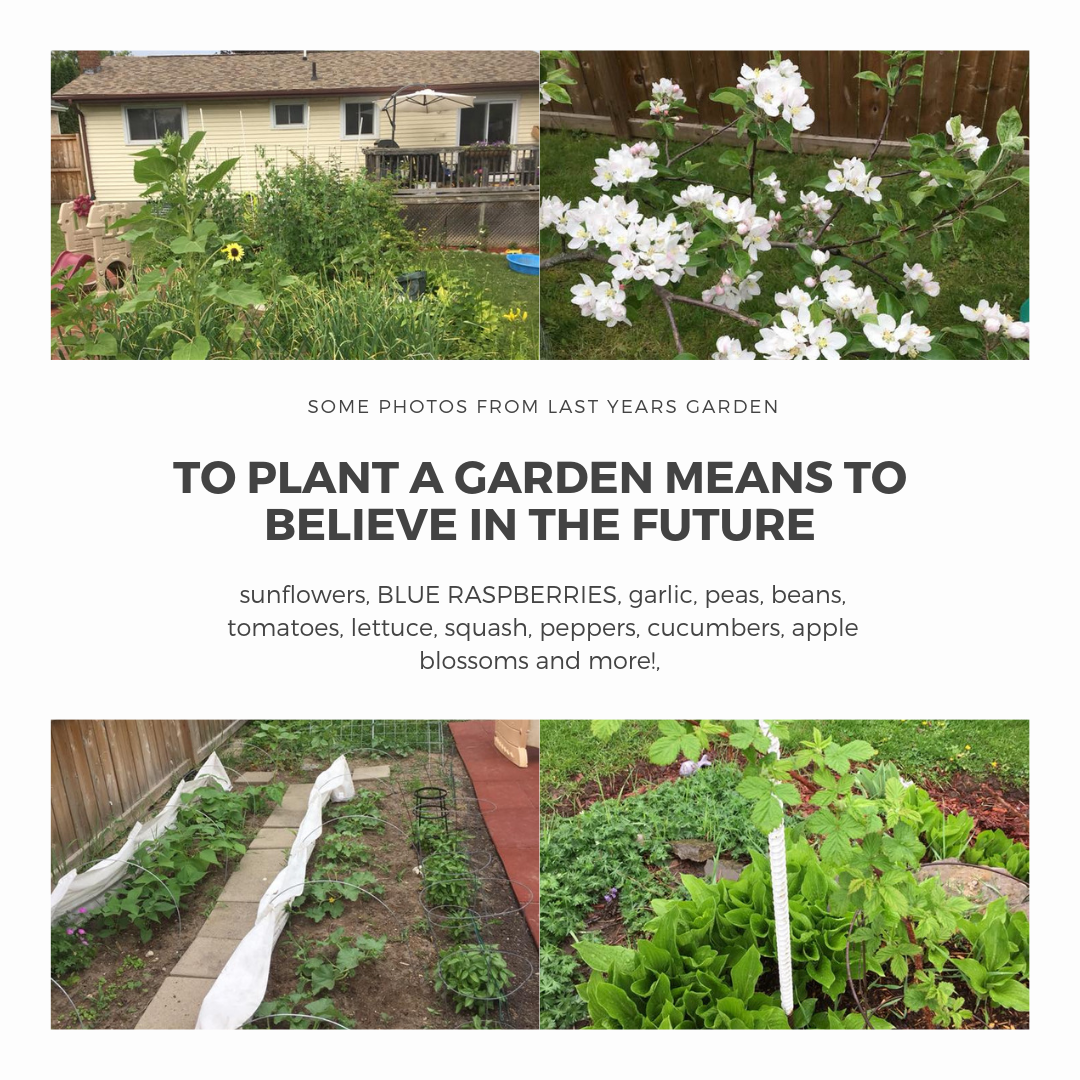
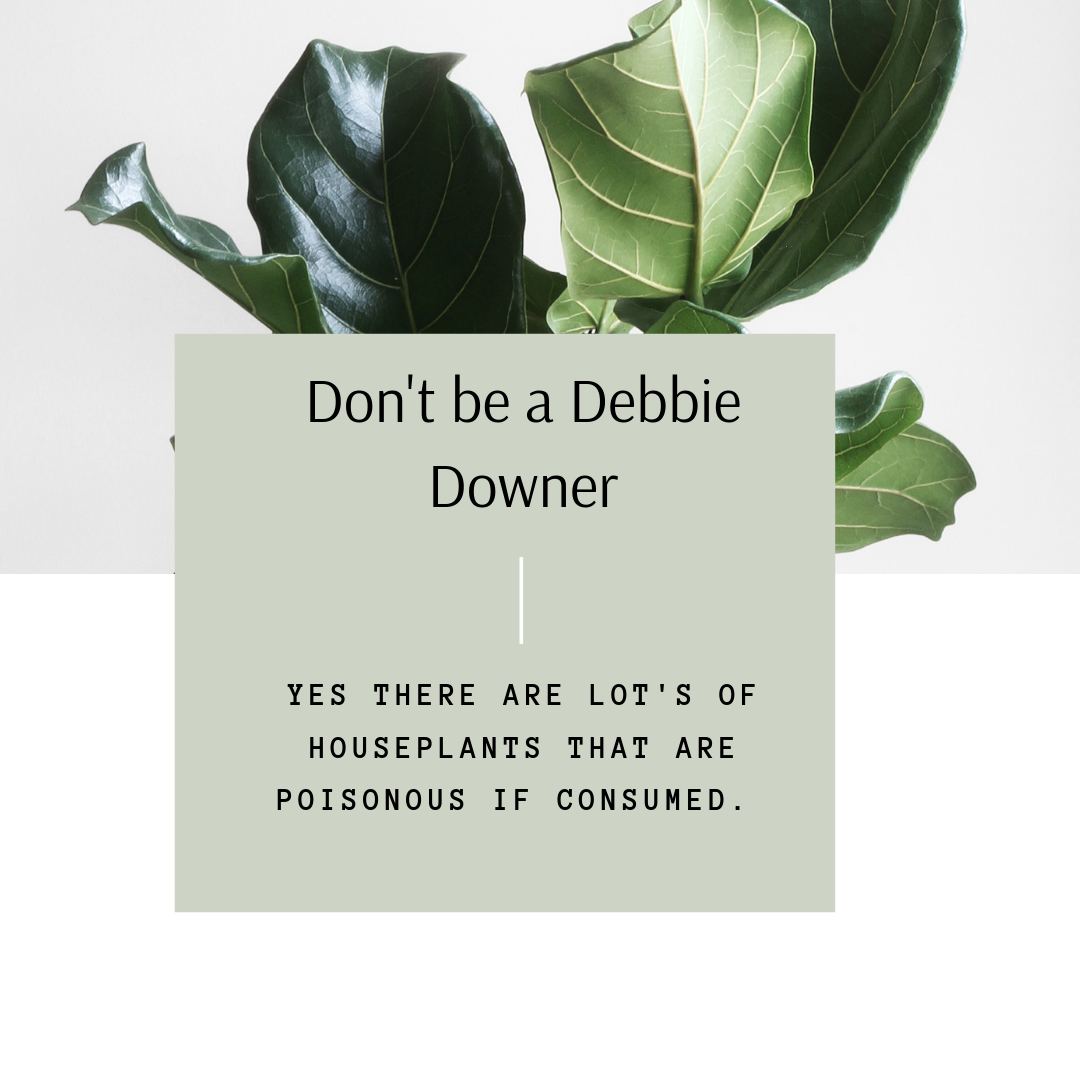
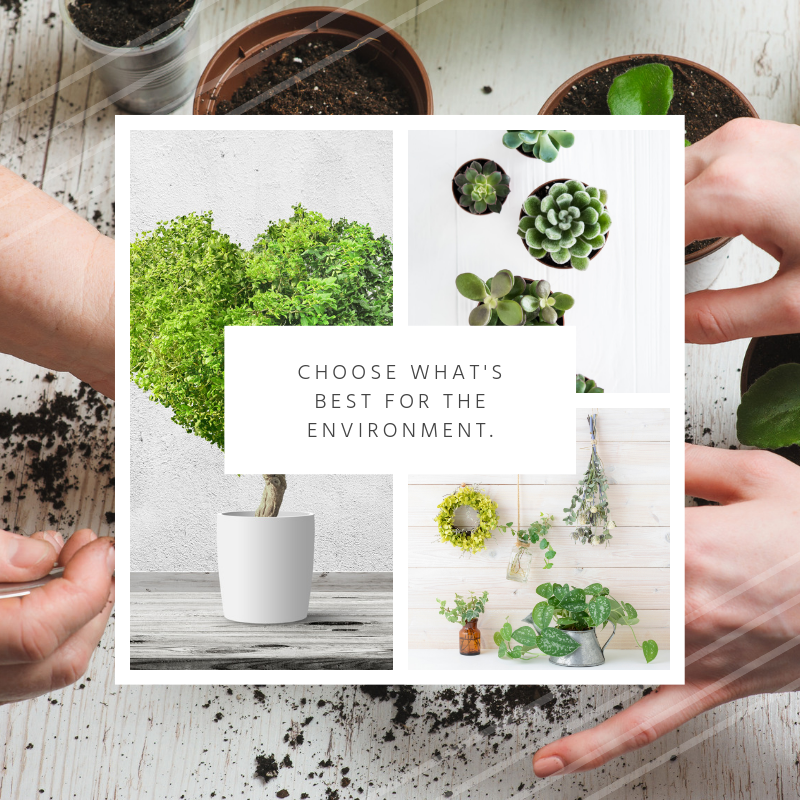
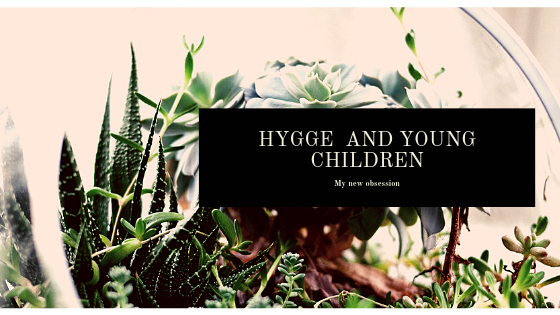
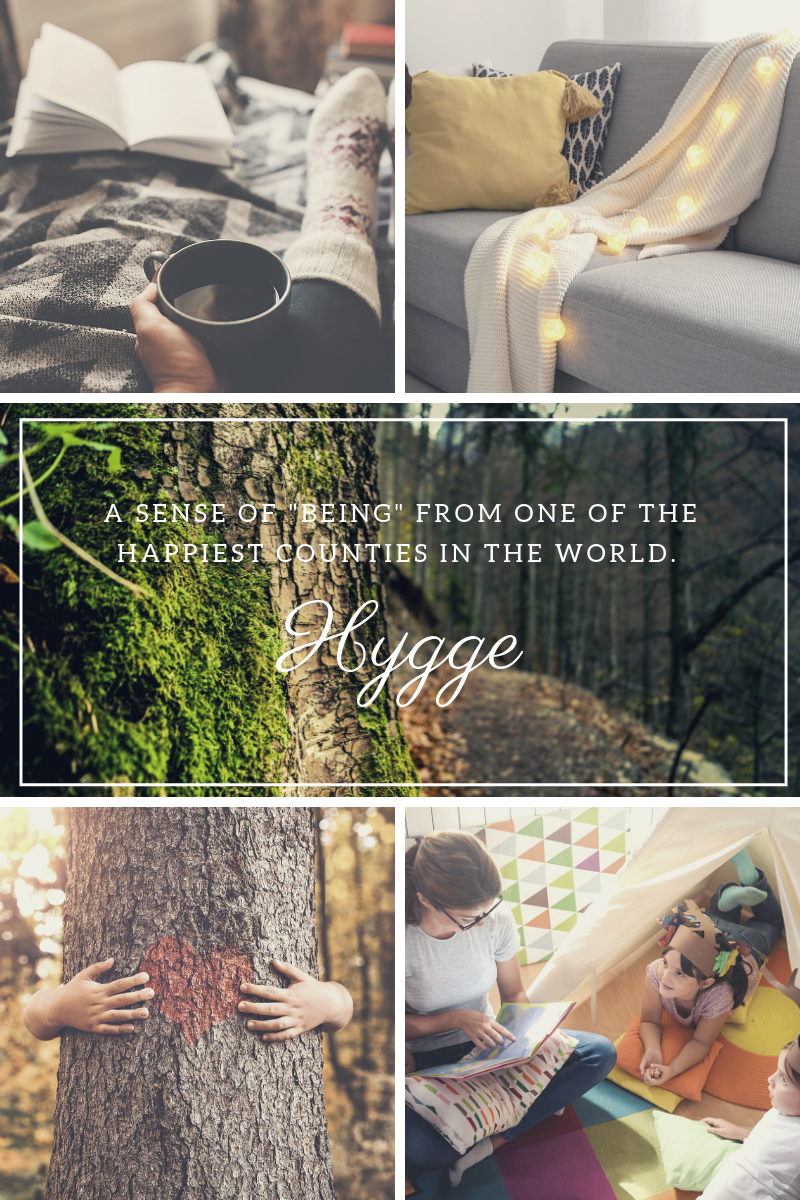

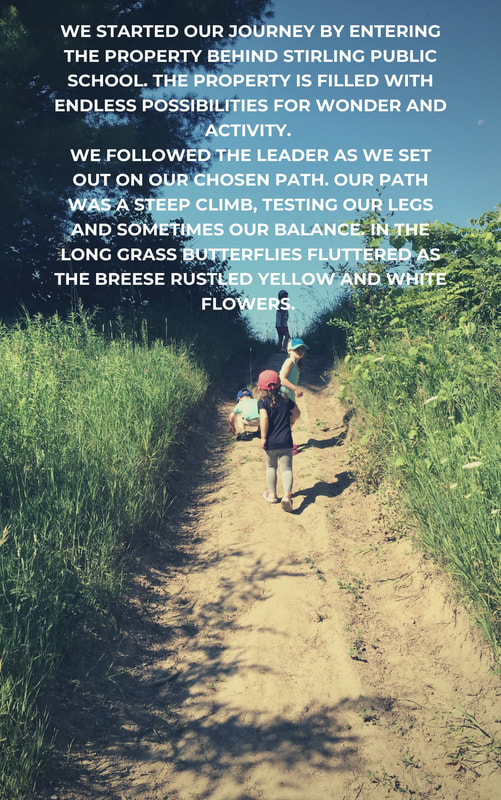
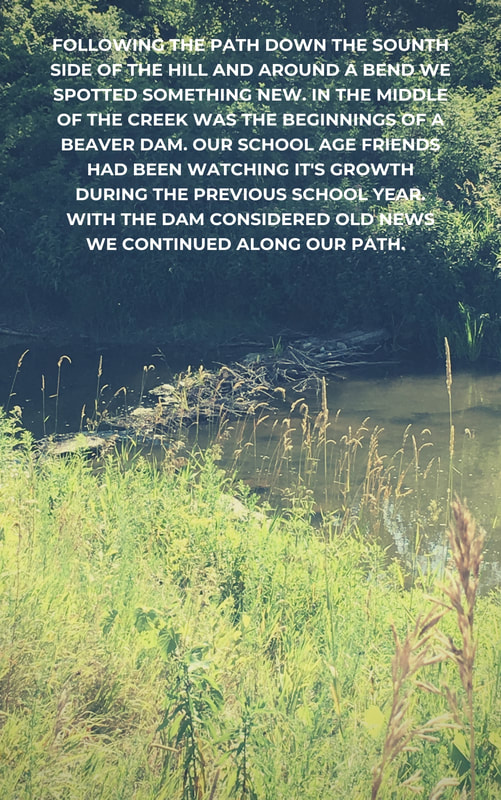

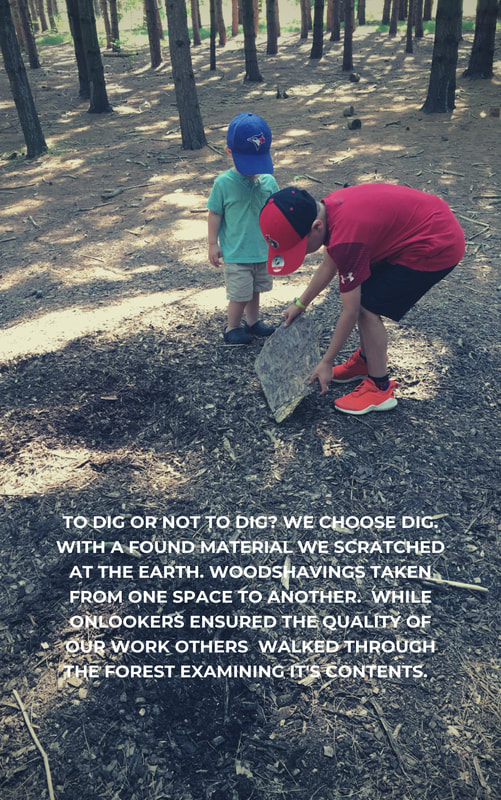
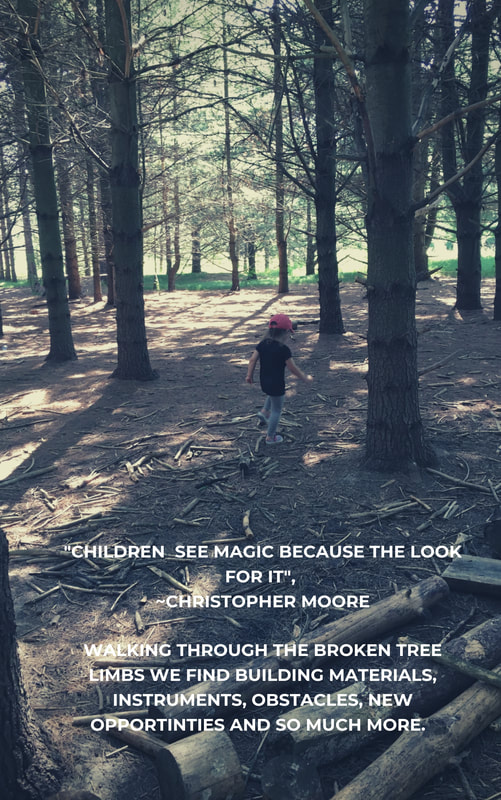
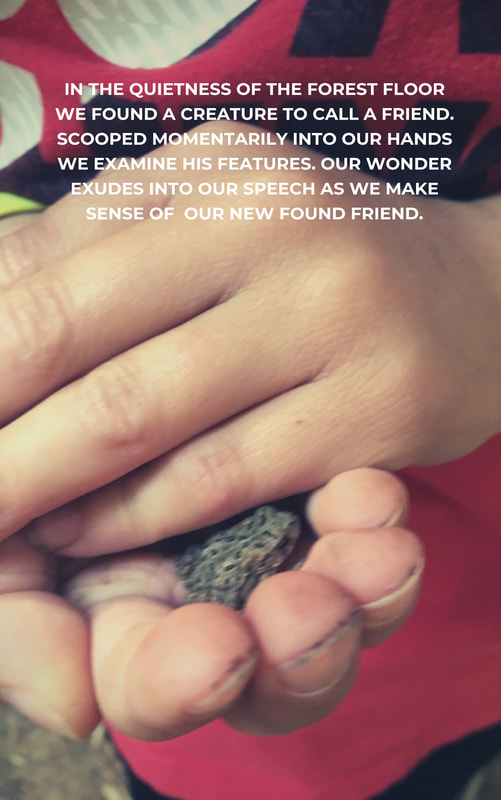
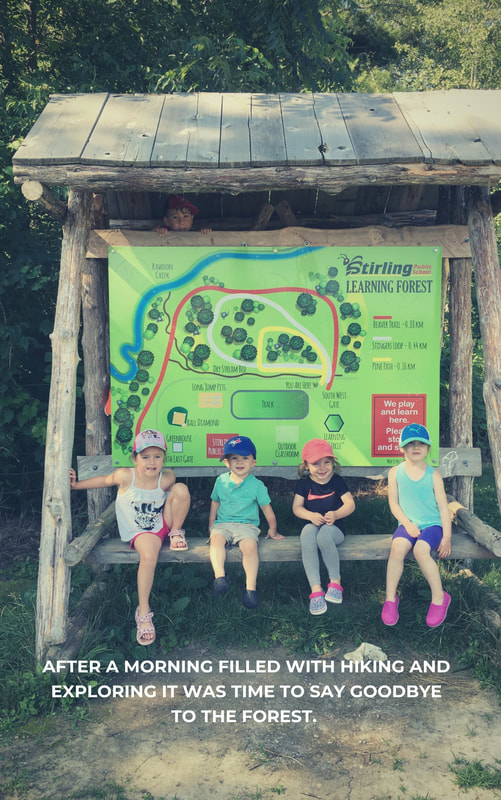
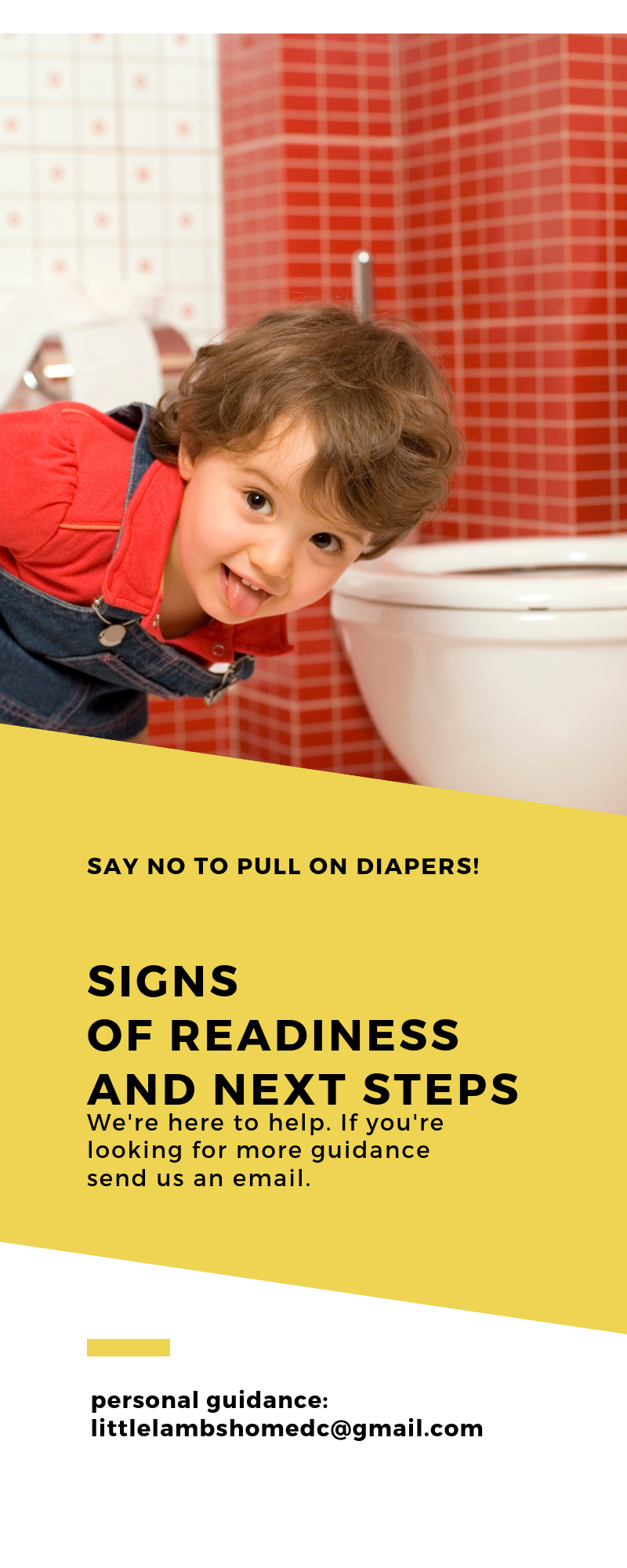
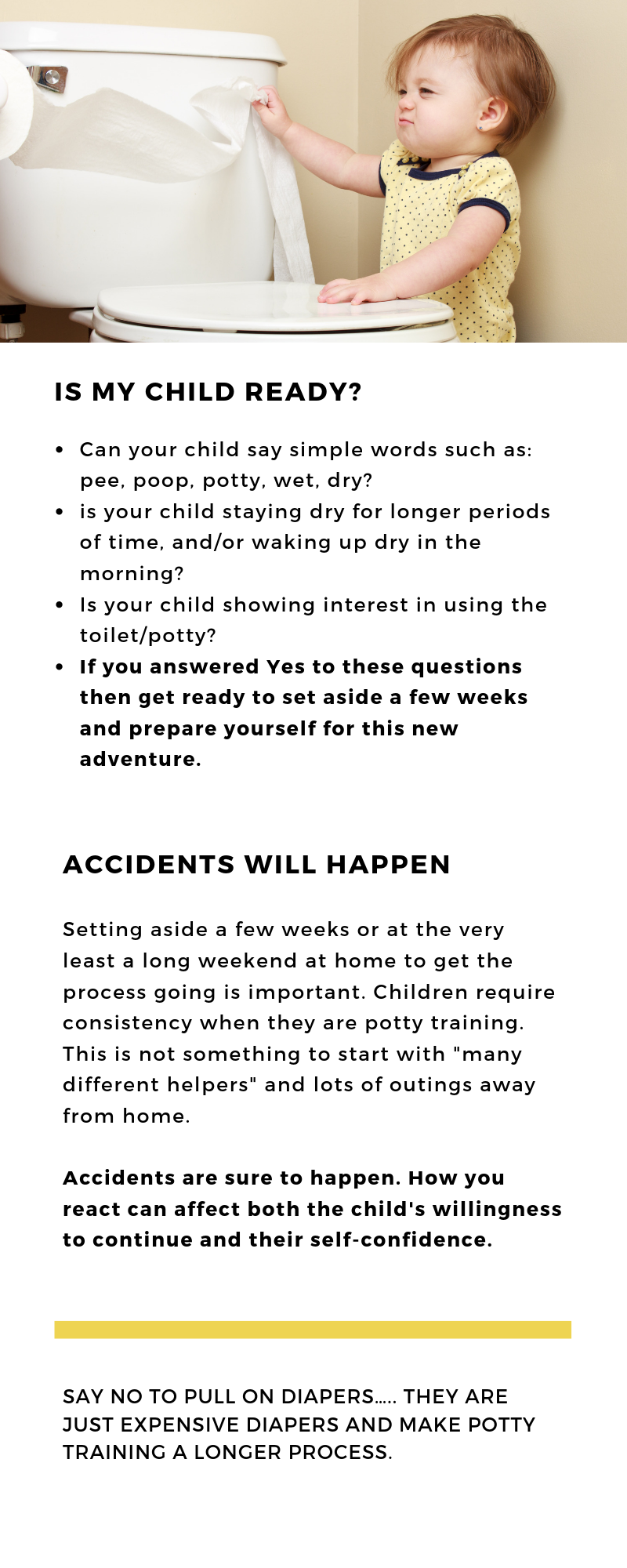
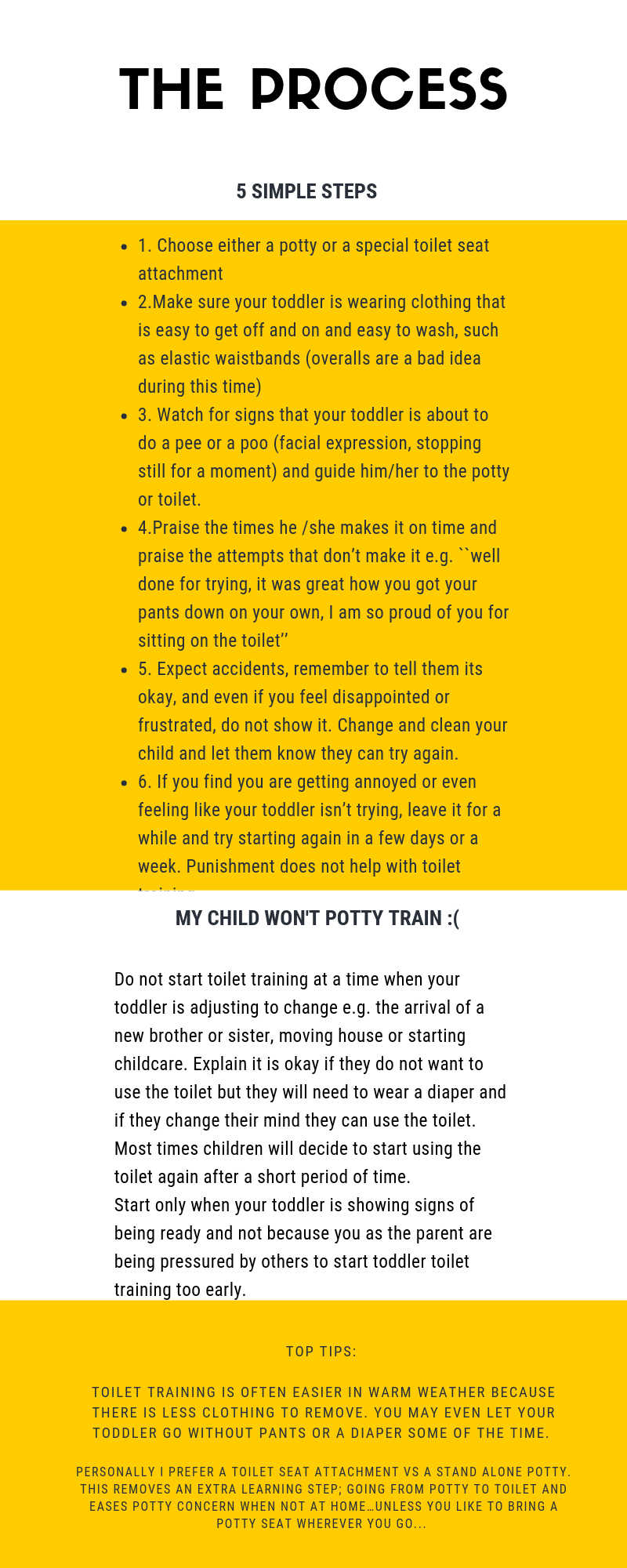
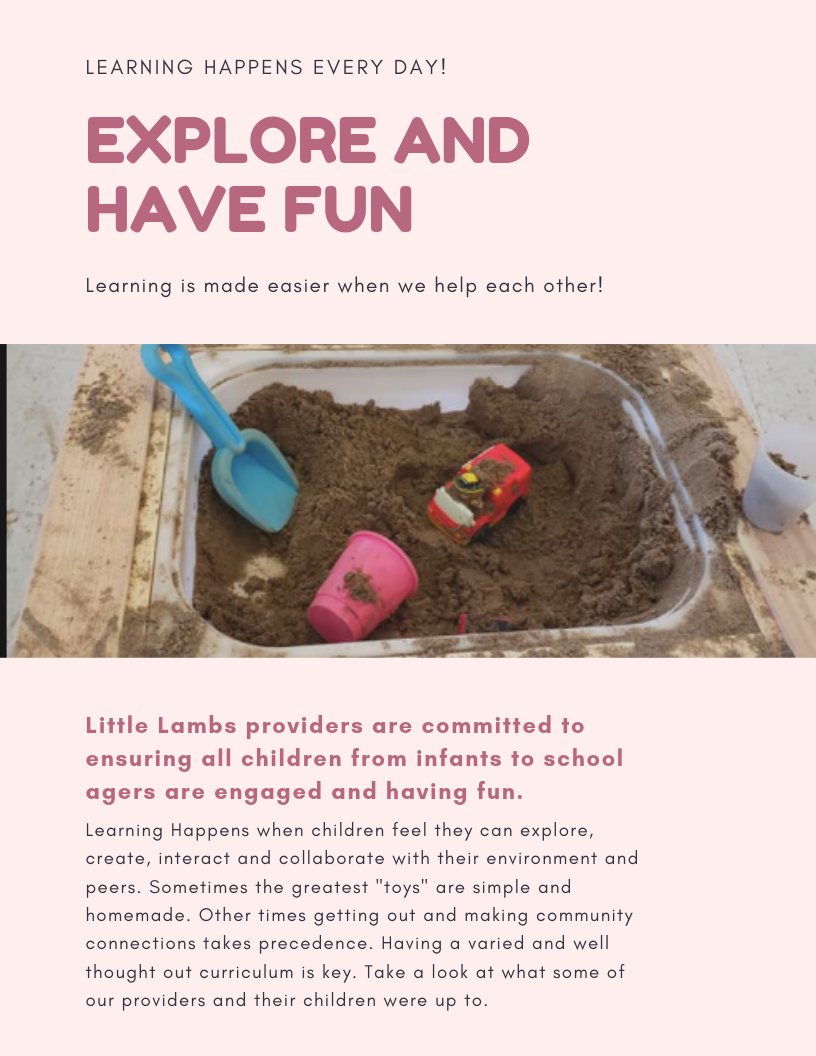
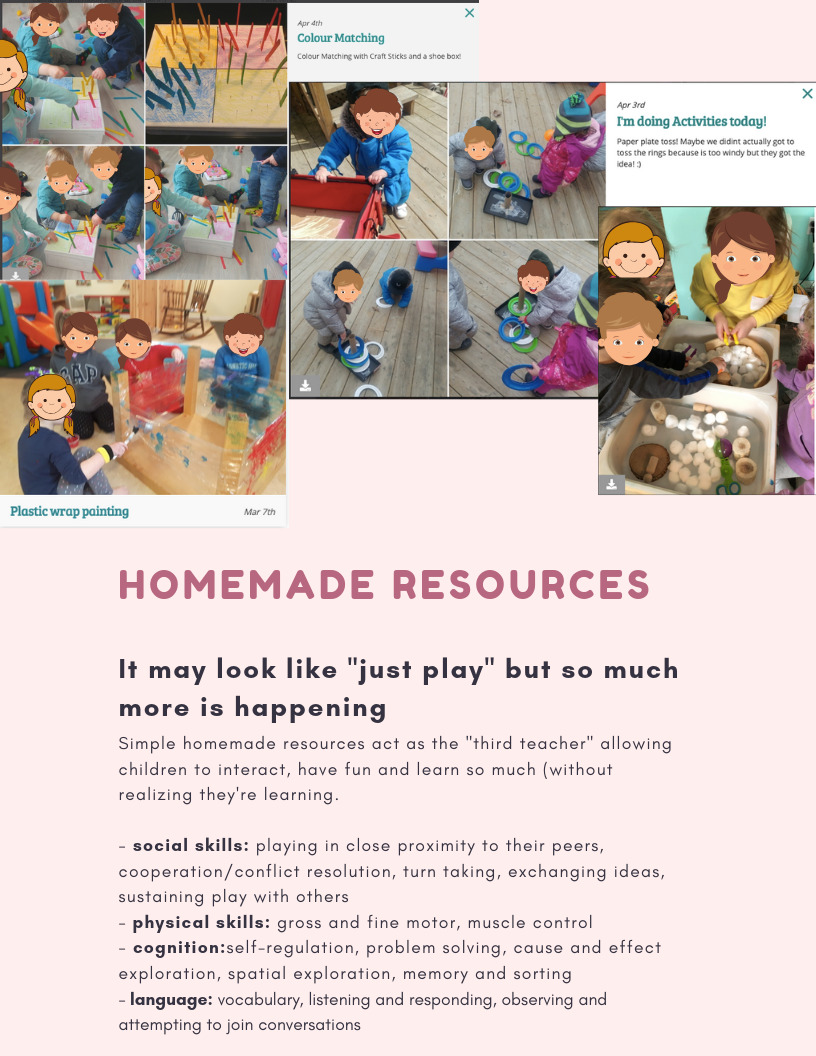
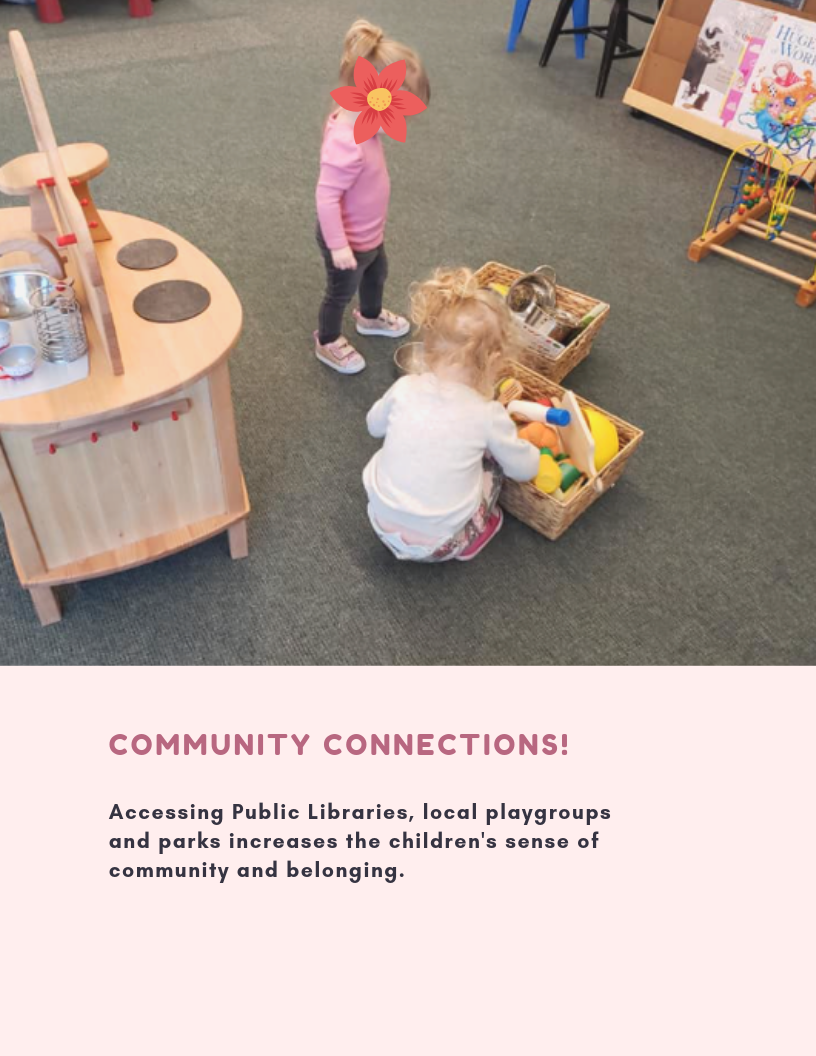
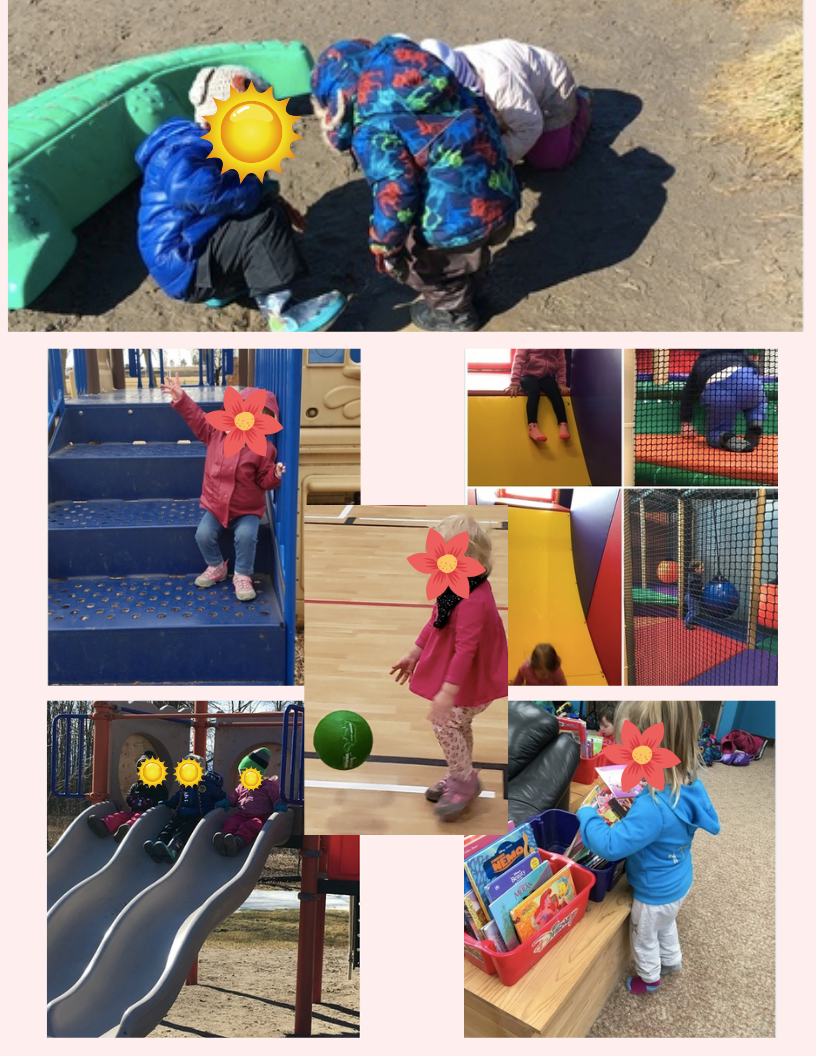
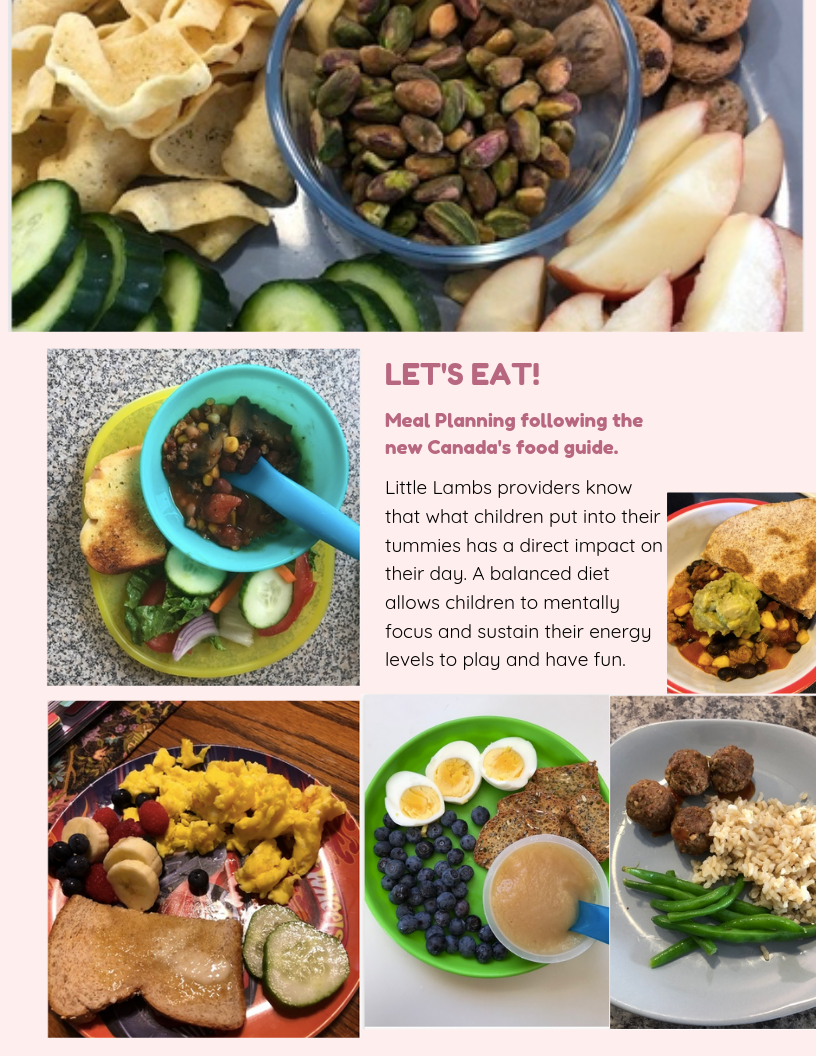
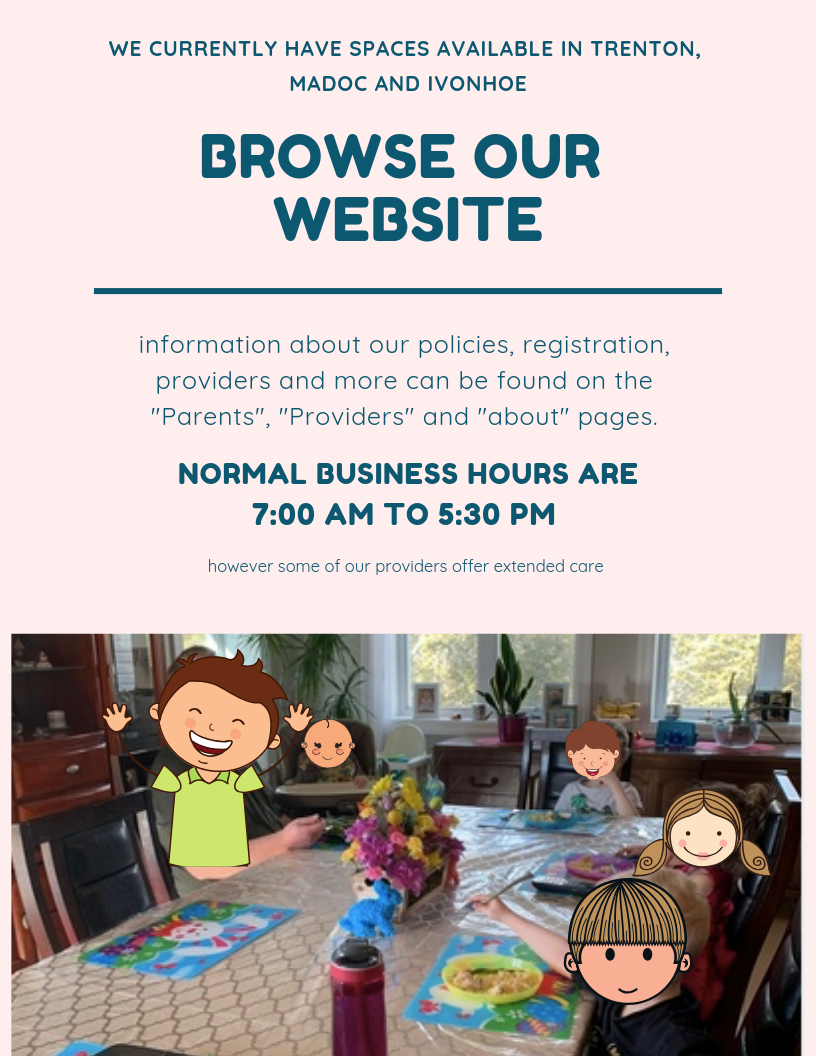
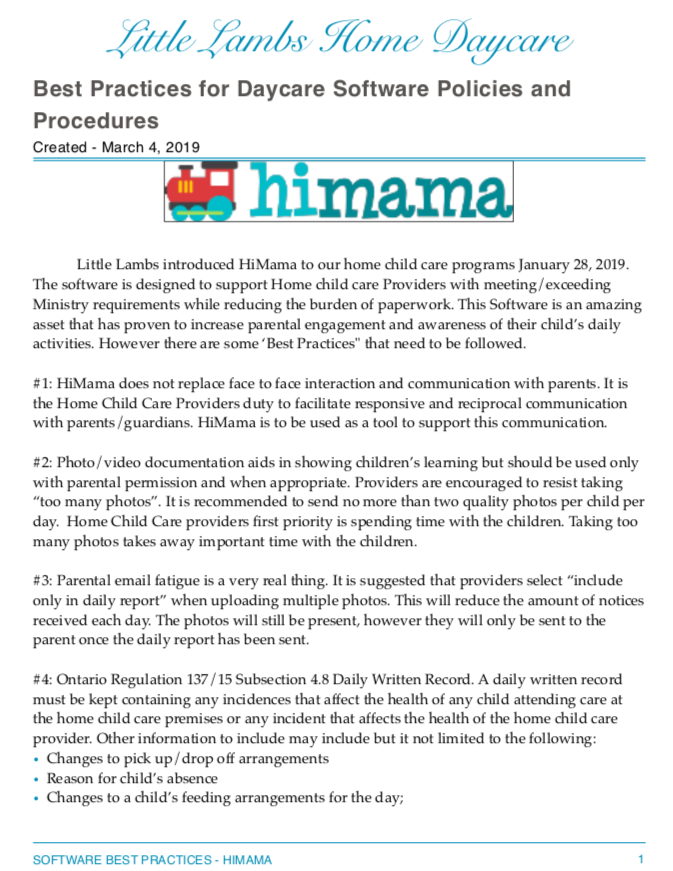
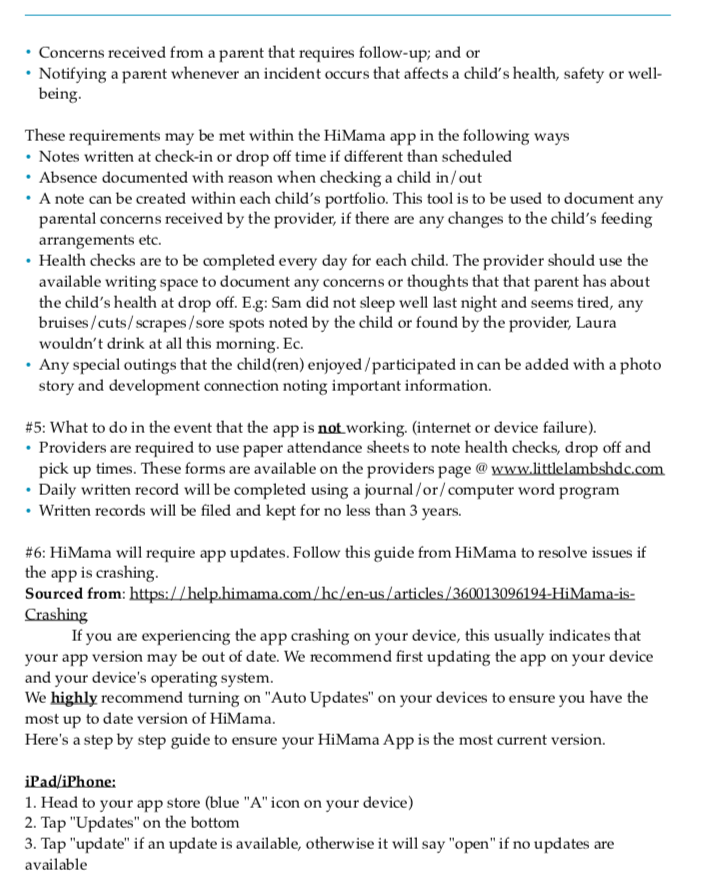
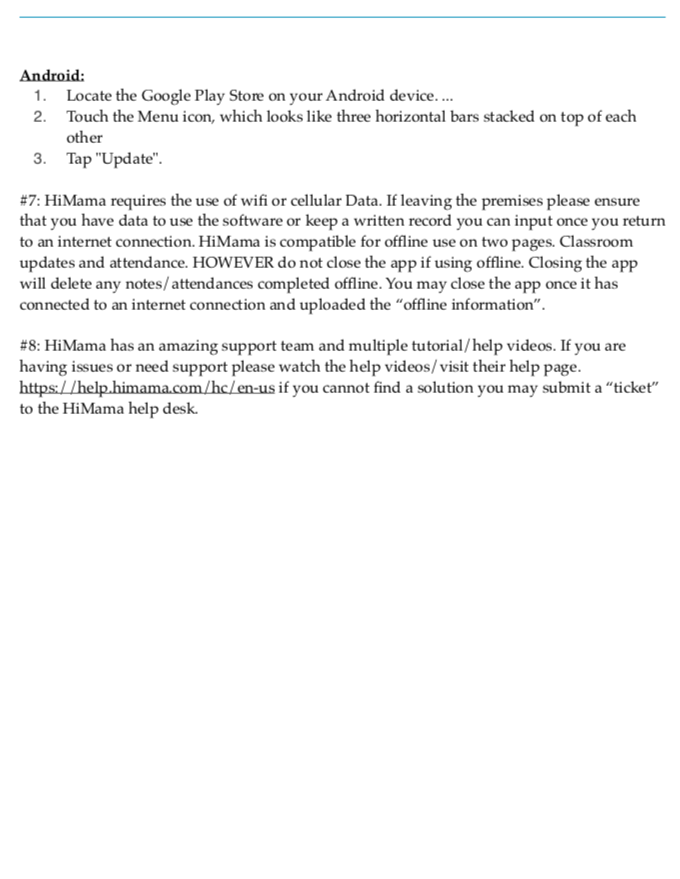
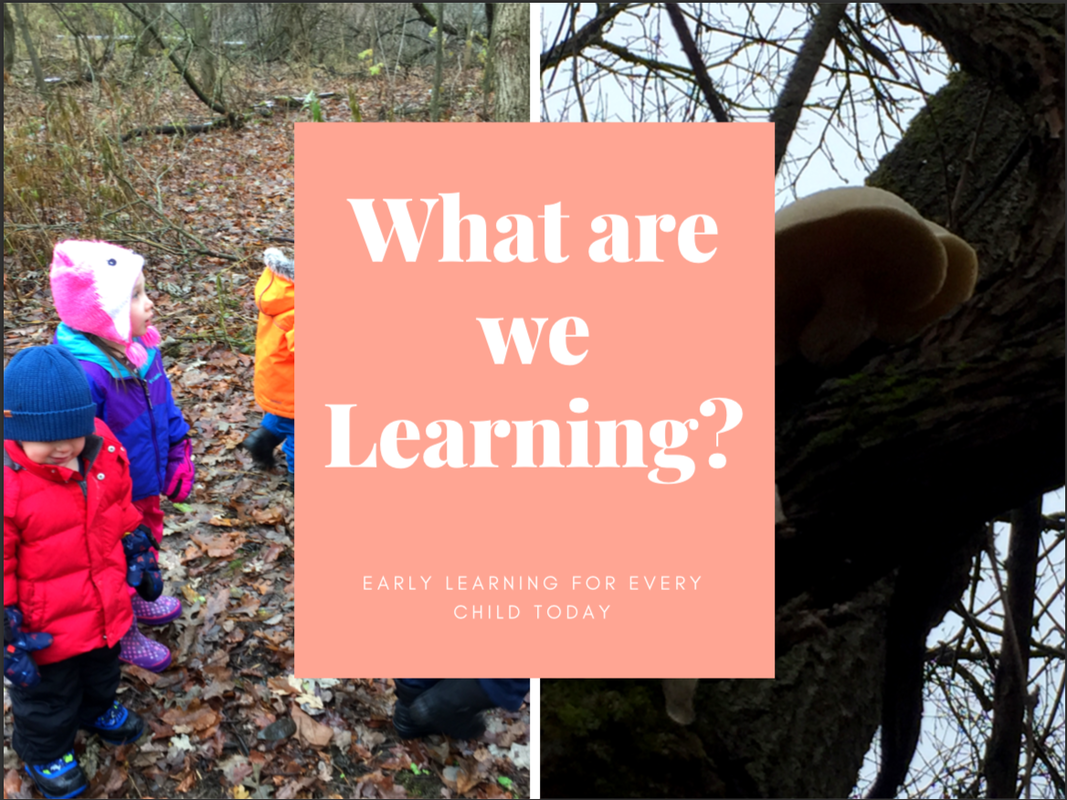
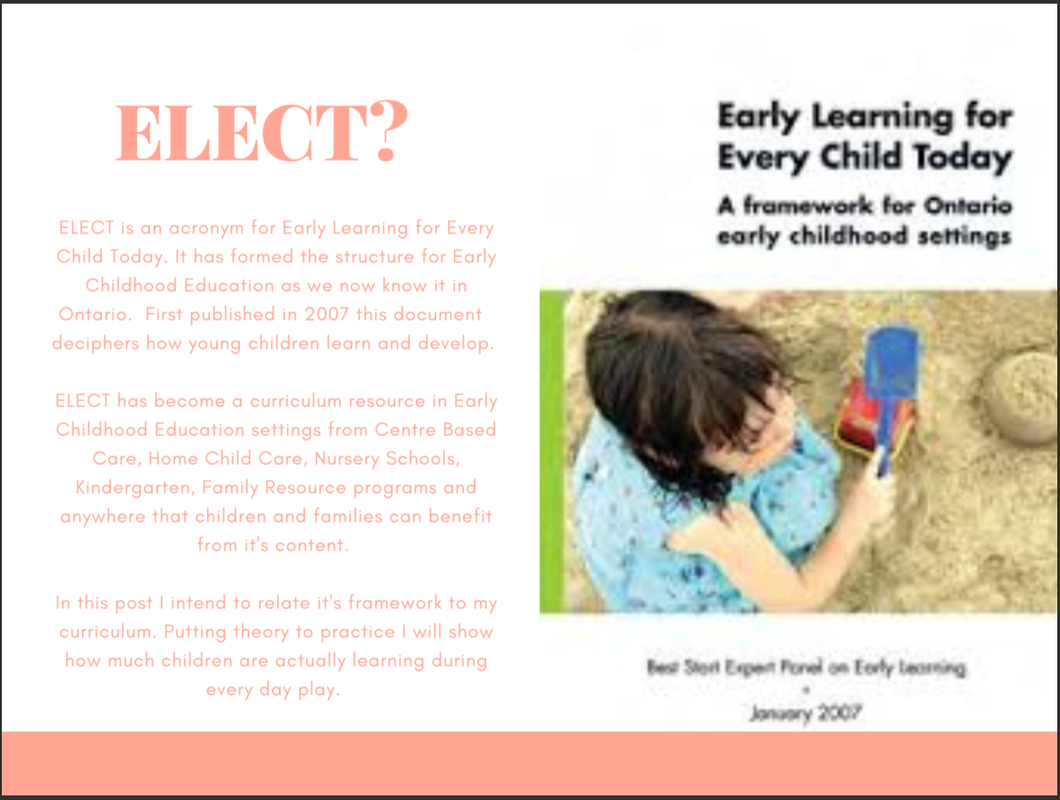
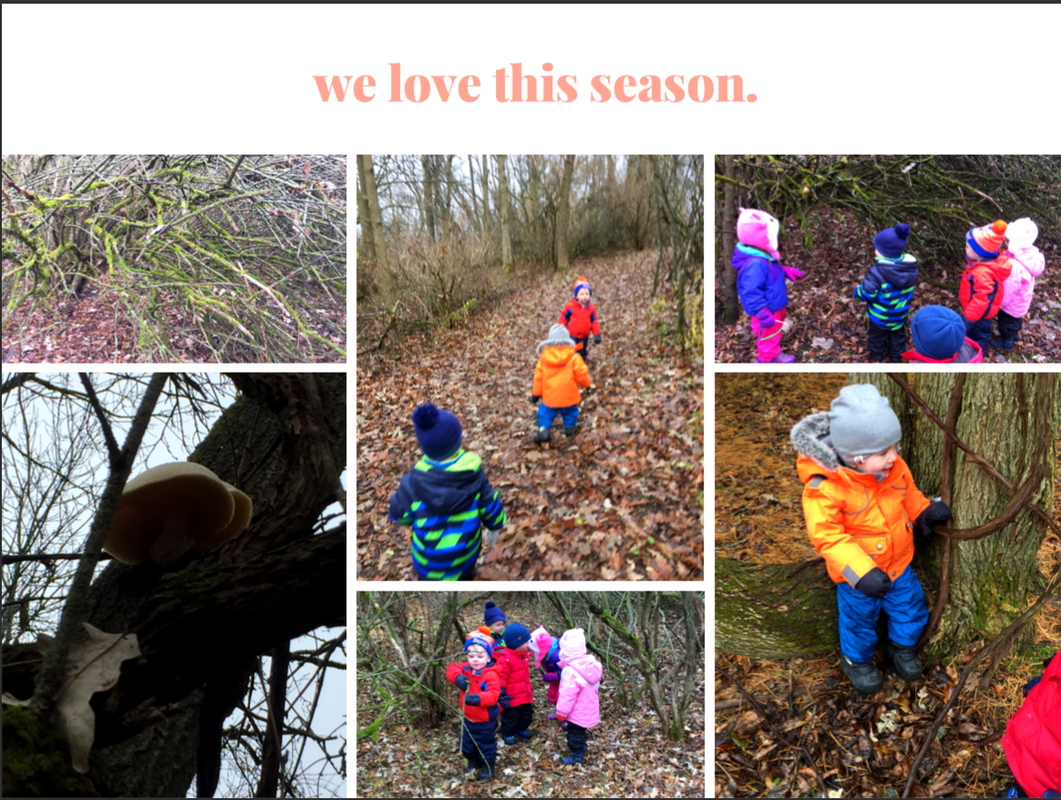
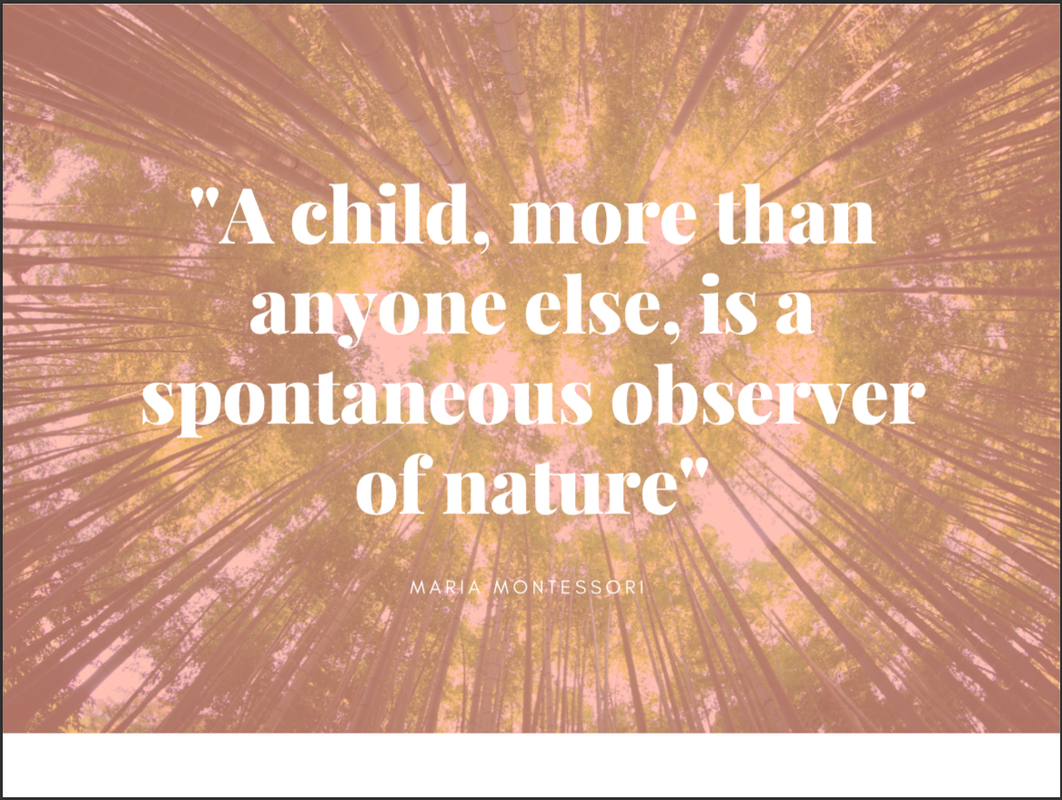
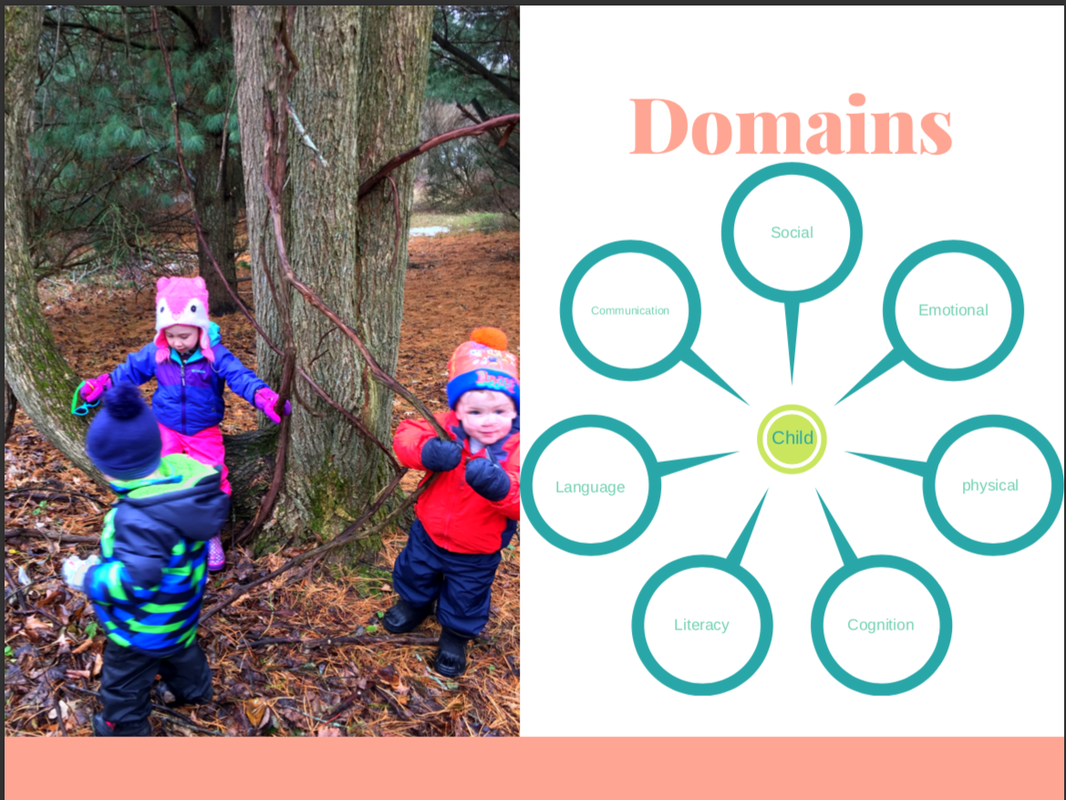
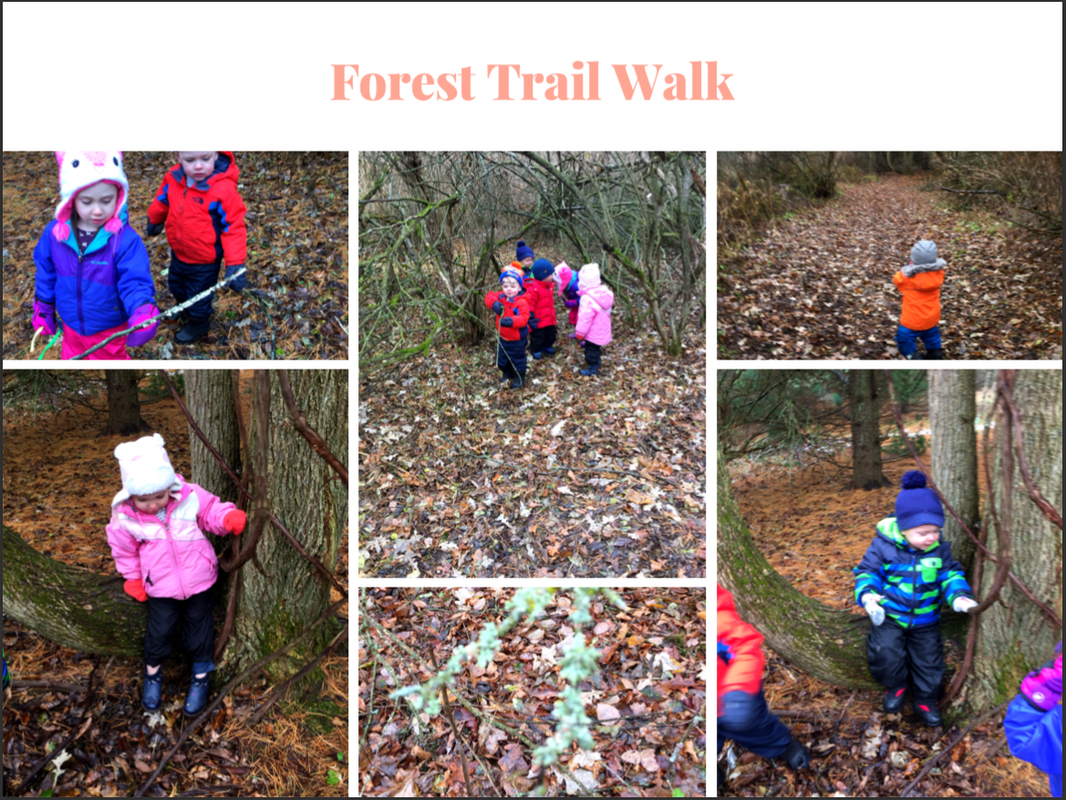
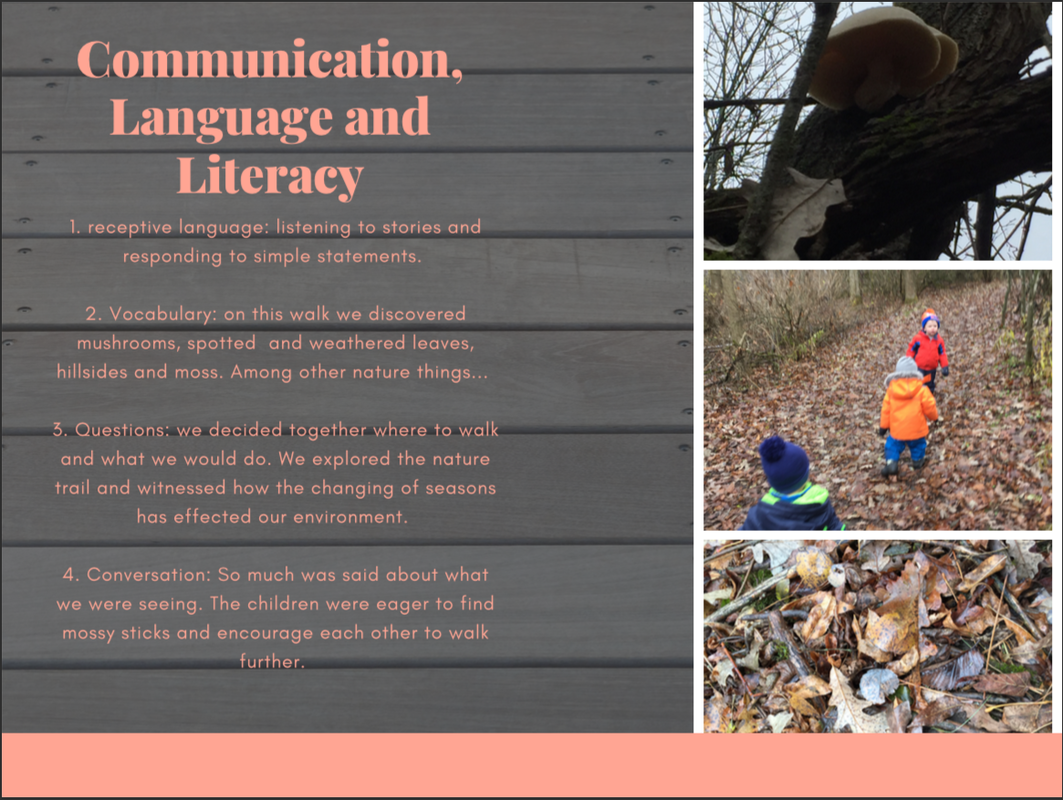
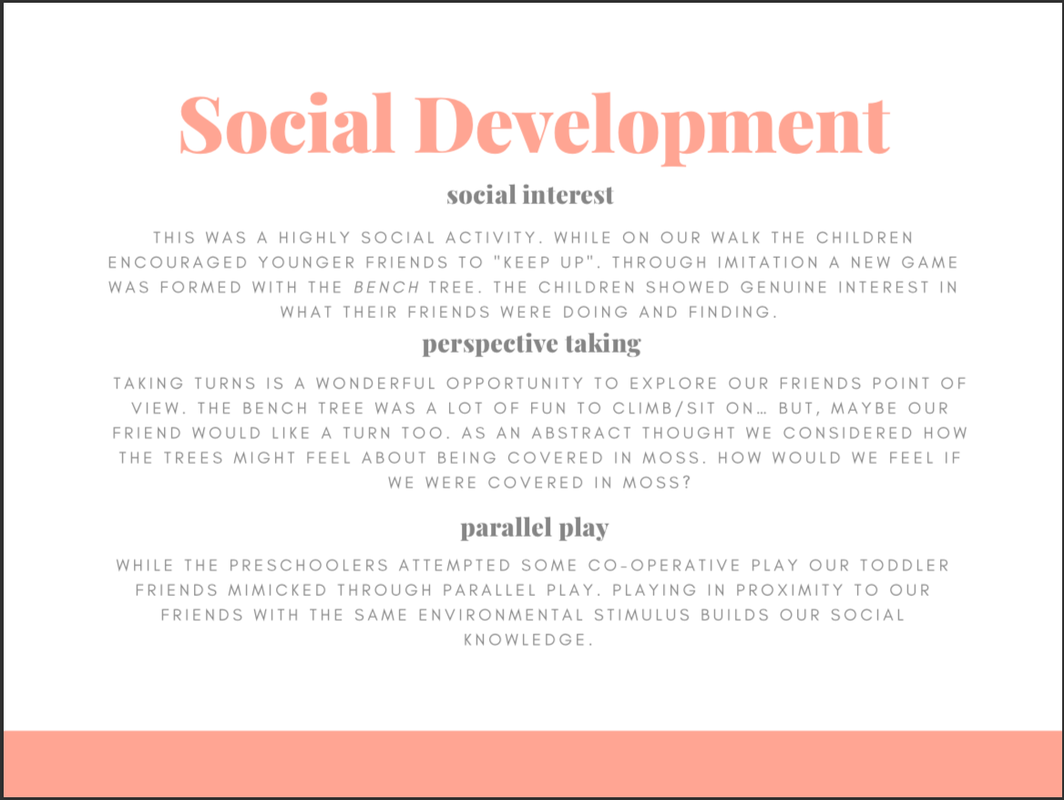
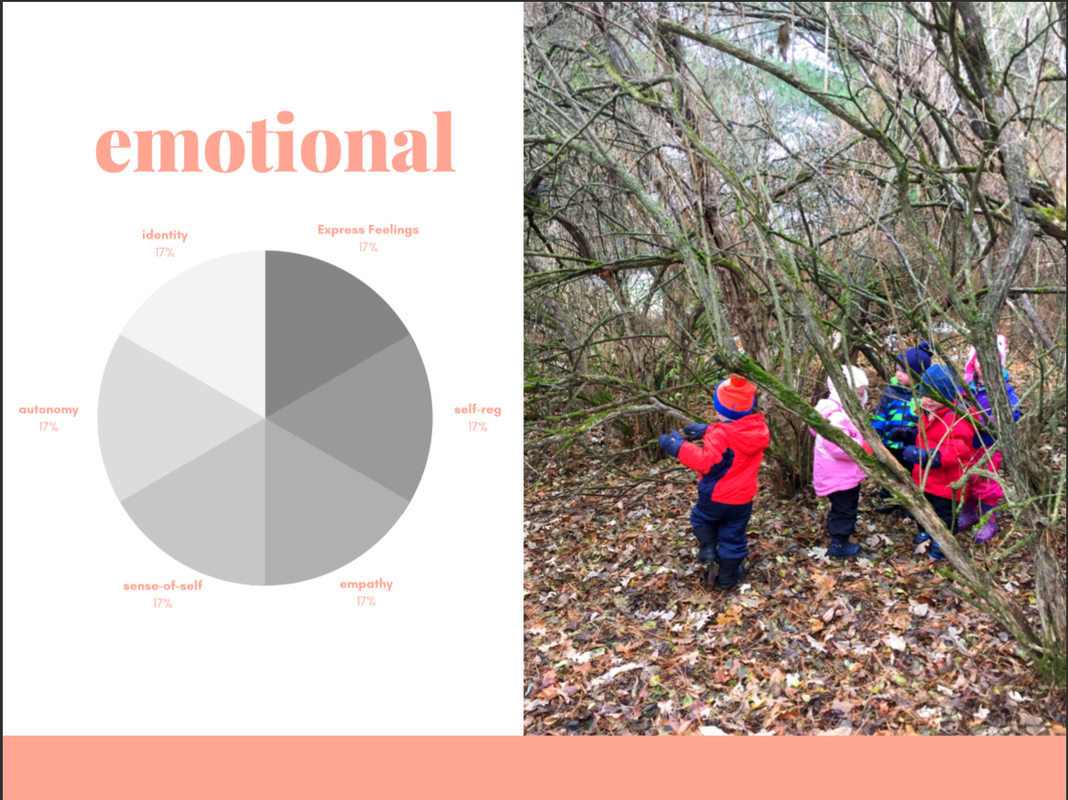
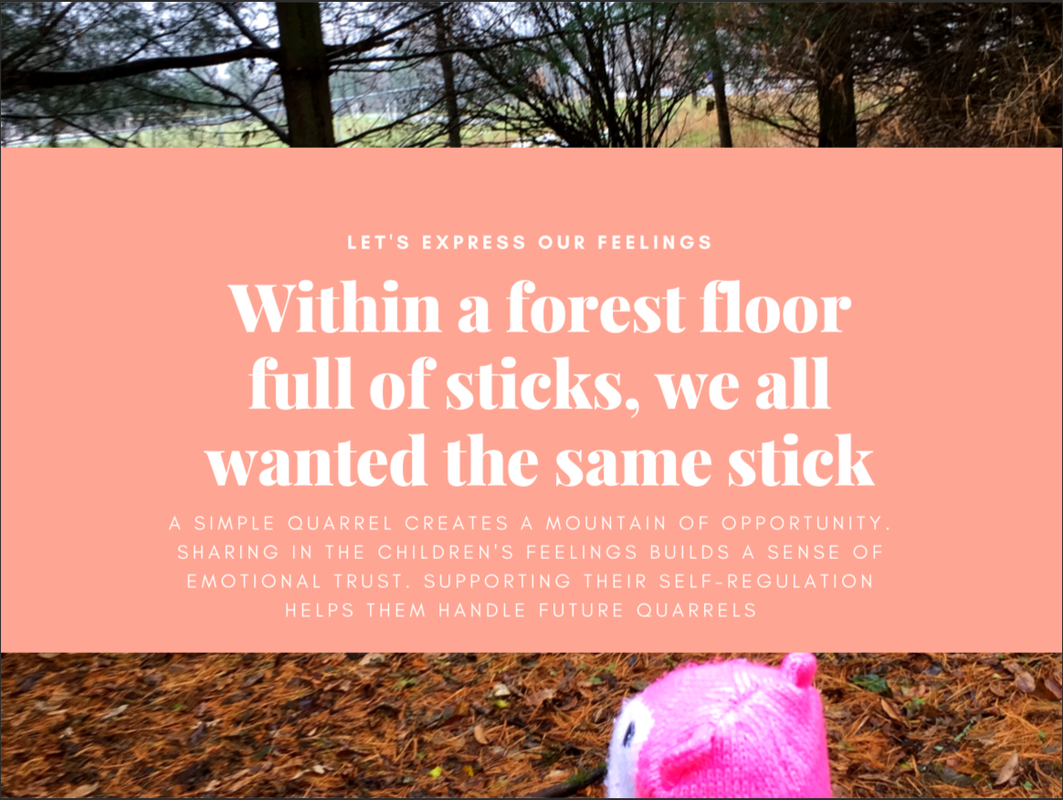
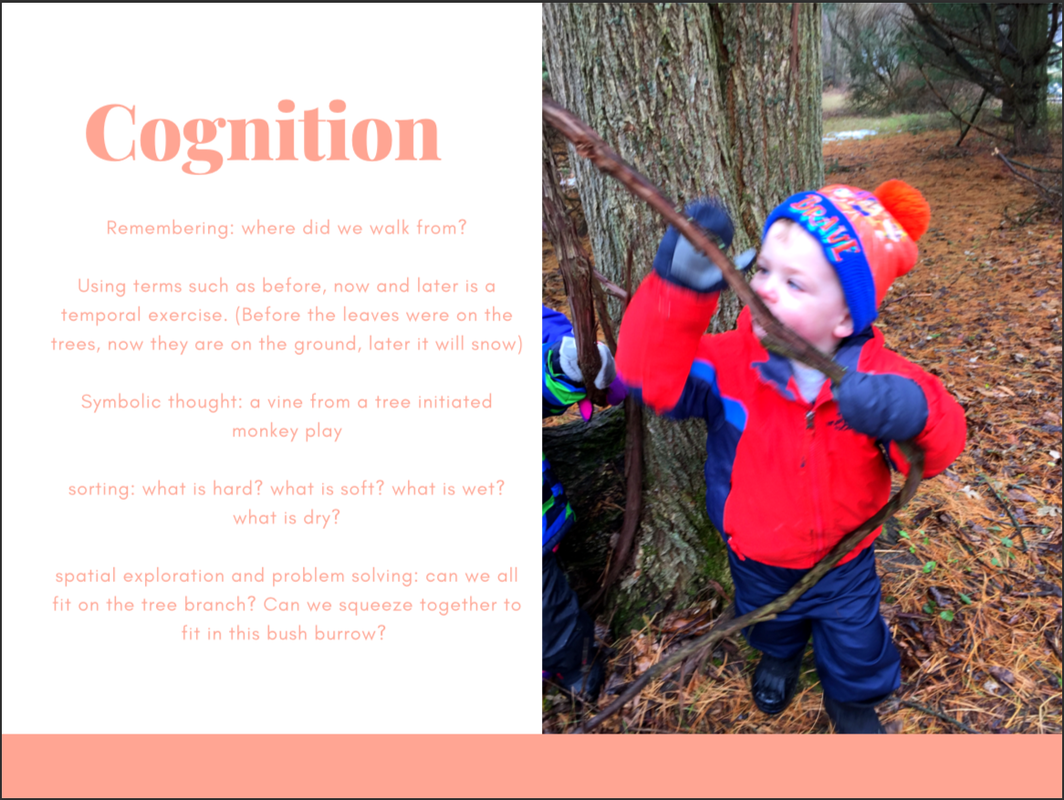
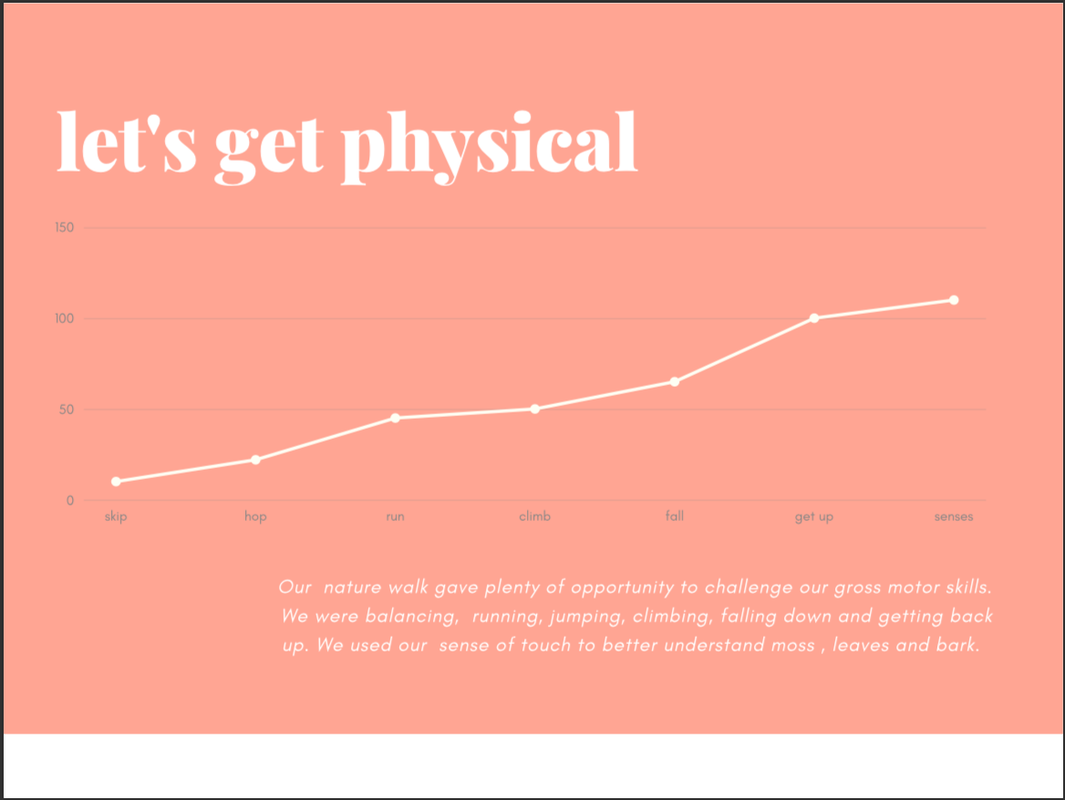
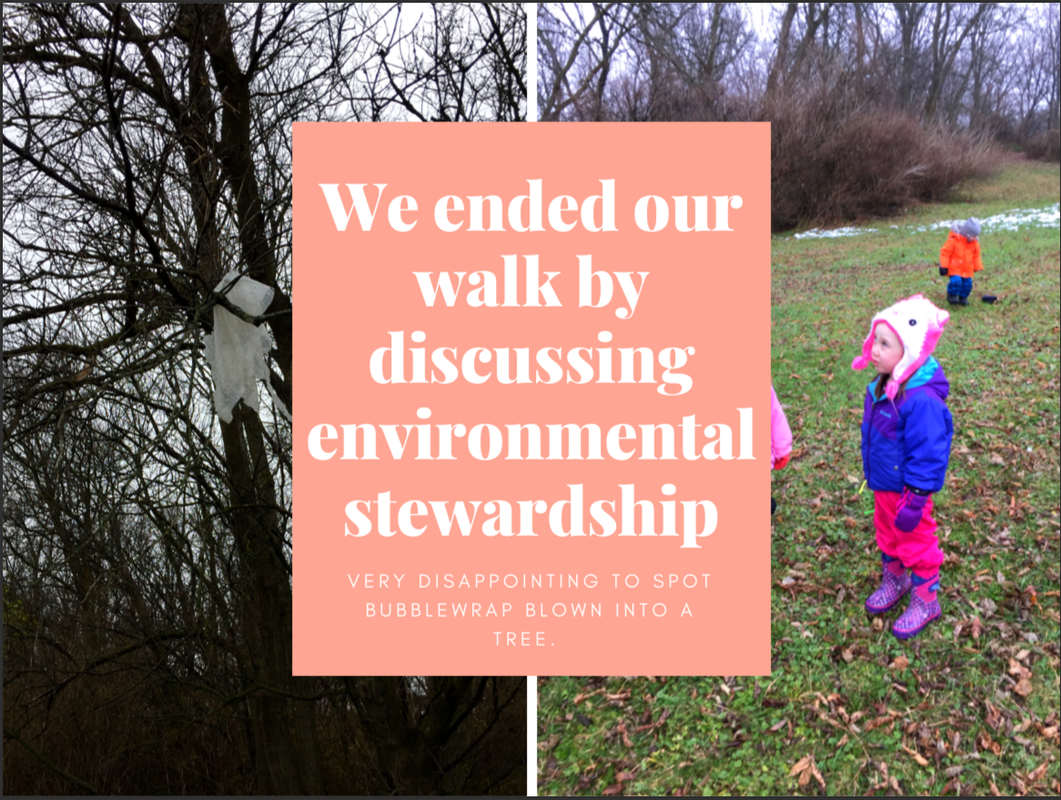
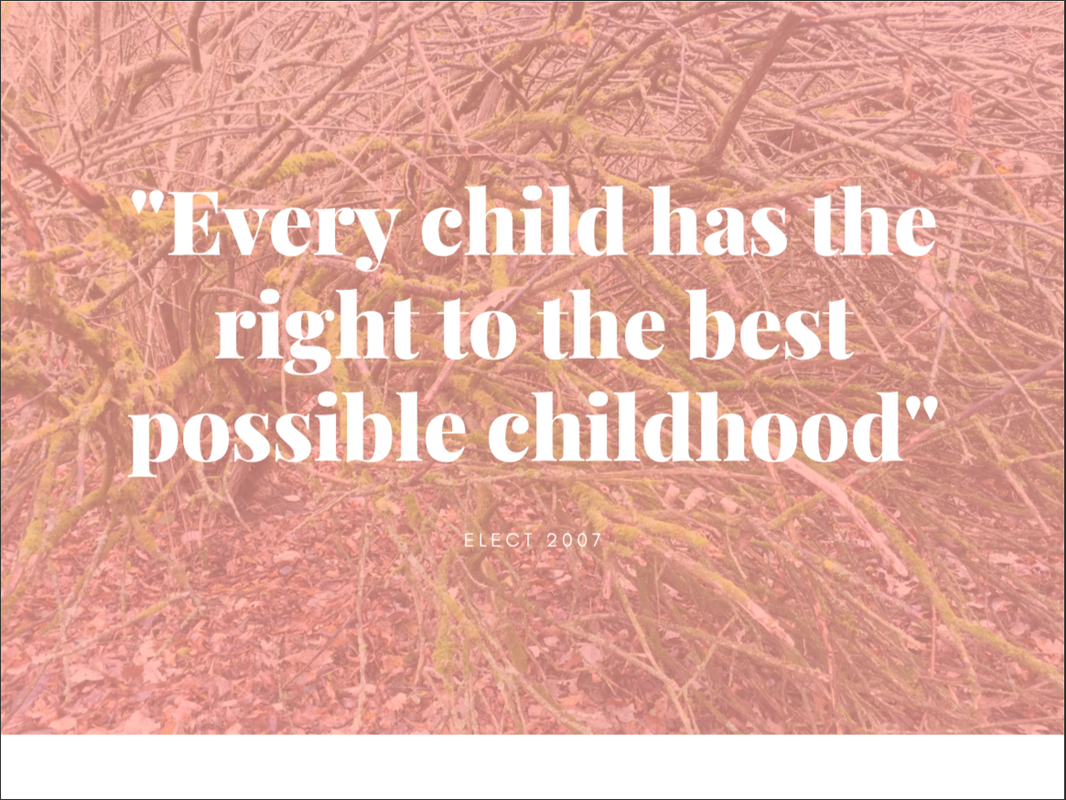
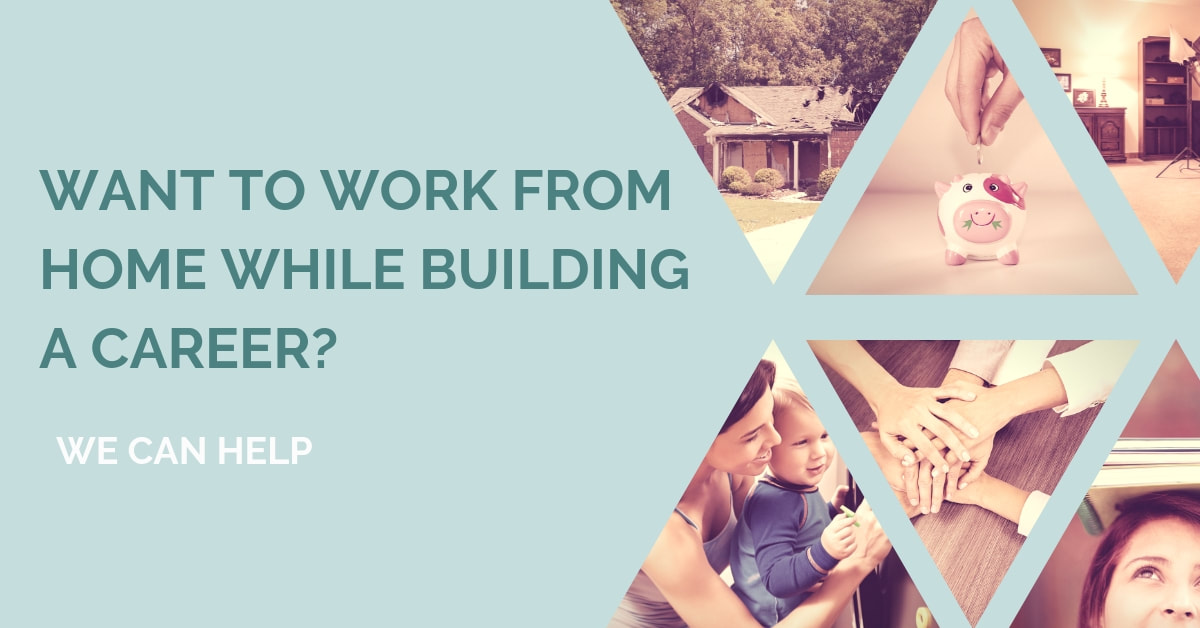
 RSS Feed
RSS Feed